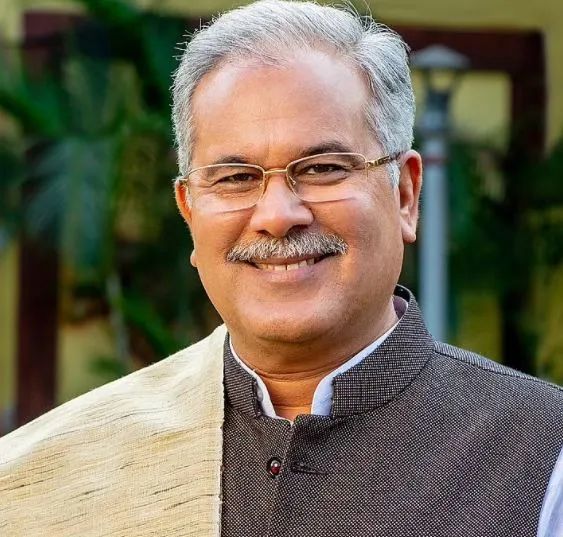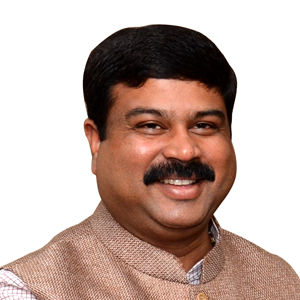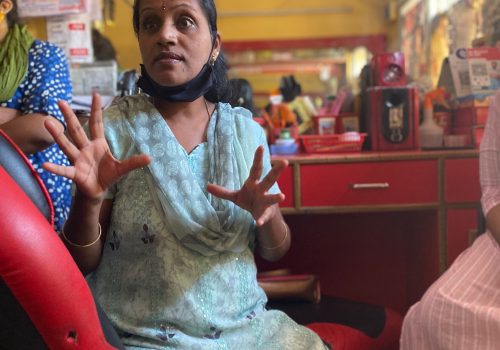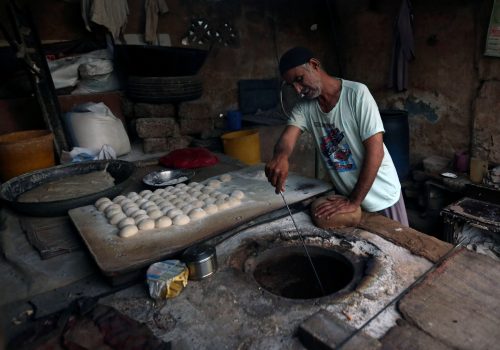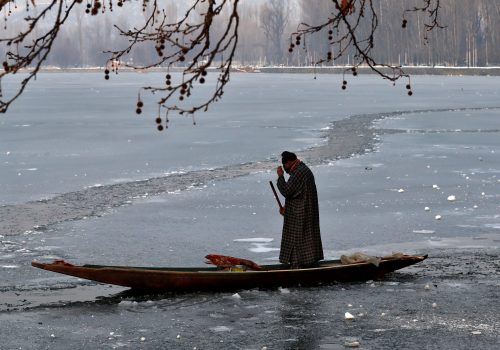Located in central India, Chhattisgarh boasts a population of 25 million and has an economy that draws heavily from agriculture and natural resources thanks to its status as one of the most mineral-rich states in the country. However, like the rest of India, the state has suffered the economic and social effects of COVID-19. In response, Chief Minister Bhupesh Baghel has highlighted the vital role of “holistic development.” This has included the introduction of policies that encourage a more “dynamic” approach to agricultural production and are attentive to Chhattisgarh’s rich supply of natural resources. In parallel, Chhattisgarh has implemented a forest restoration program to create a more sustainable and greener economy.
This conversation looks forward towards Chhattisgarh’s future and how its government can expand and innovate its economy to benefit from technology, health, and economic developments.
The Atlantic Council’s South Asia Center, in partnership with the Swaniti Initiative, hosted Chief Minister of Chhattisgarh, H.E. Shri Bhupesh Baghel, to discuss his vision for a green recovery of the Chhattisgarh economy in the post-pandemic period.

The South Asia Center is the hub for the Atlantic Council’s analysis of the political, social, geographical, and cultural diversity of the region. At the intersection of South Asia and its geopolitics, SAC cultivates dialogue to shape policy and forge ties between the region and the global community.

The Swaniti Initiative is a group of passionate people working to lift the most vulnerable out of poverty by improving the delivery of public services across developing nations
